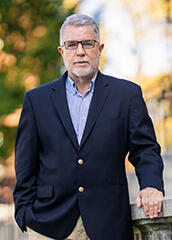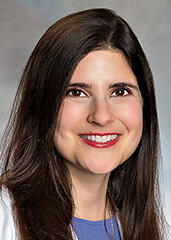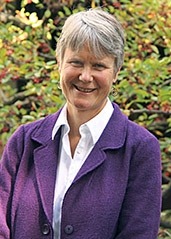Topics
- active learning (18)
- research assignments (6)
- libraries (1)
- literature-based learning (2)
- multimedia (5)
- museums (6)
- object learning (7)
- online learning (5)
- peer instruction (10)
- storytelling (2)
- learning management system (2)
- syllabus design (3)
- teaching empathy (3)
- teaching fellows (1)
- lecture (3)
- learning goals (8)
- assessment (6)
- data (3)
- backward design (3)
- blended approaches (12)
- case-based learning (8)
- classroom contracts (7)
- classrooms and space (3)
- collaborative learning (27)
- community events (1)
- course transformation (7)
- devices (3)
- learning by making (5)
- discussion (24)
- engaged scholarship (4)
- experiential learning (16)
- feedback (18)
- group work (8)
- guest speakers (7)
- interdisciplinary (6)
- leadership (3)
Send feedback
Subscribe
Copyright © 2024 The President and Fellows of Harvard College | Privacy | Accessibility | Digital Accessibility | Report Copyright Infringement

 I. Glenn Cohen, James A. Attwood and Leslie Williams Professor of Law, Deputy Dean at Harvard Law, and Faculty Director of the Petrie-Flom Center for Health Law Policy, Biotechnology & Bioethics, teaches courses on health law and civil procedure. As Deputy Dean, Professor Cohen instituted a new pre-orientation program for law students,
I. Glenn Cohen, James A. Attwood and Leslie Williams Professor of Law, Deputy Dean at Harvard Law, and Faculty Director of the Petrie-Flom Center for Health Law Policy, Biotechnology & Bioethics, teaches courses on health law and civil procedure. As Deputy Dean, Professor Cohen instituted a new pre-orientation program for law students, 
 Aisha Yousafzai, Associate Professor of Global Health, launched the
Aisha Yousafzai, Associate Professor of Global Health, launched the  Much like all our faculty across the University, Dr. Tamara Kaplan, Assistant Professor at Harvard Medical School, shifted the pre-clinical neuroscience course,
Much like all our faculty across the University, Dr. Tamara Kaplan, Assistant Professor at Harvard Medical School, shifted the pre-clinical neuroscience course,  Diane Moore, Senior Lecturer in Religious Studies and Education, collaborated with HDS and FAS colleagues to produce a six-module, online course offering through
Diane Moore, Senior Lecturer in Religious Studies and Education, collaborated with HDS and FAS colleagues to produce a six-module, online course offering through